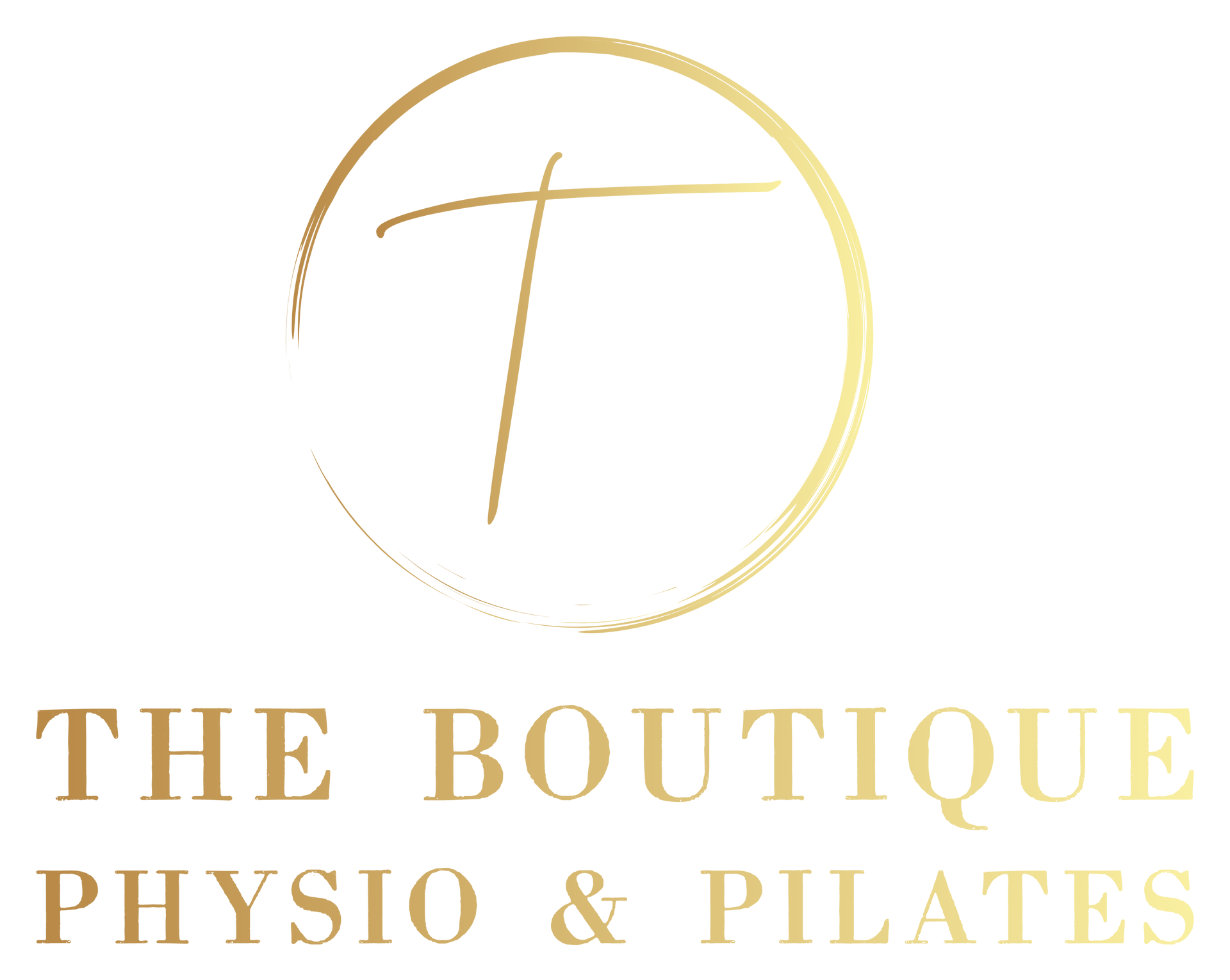FAQ's
Why Choose Us?
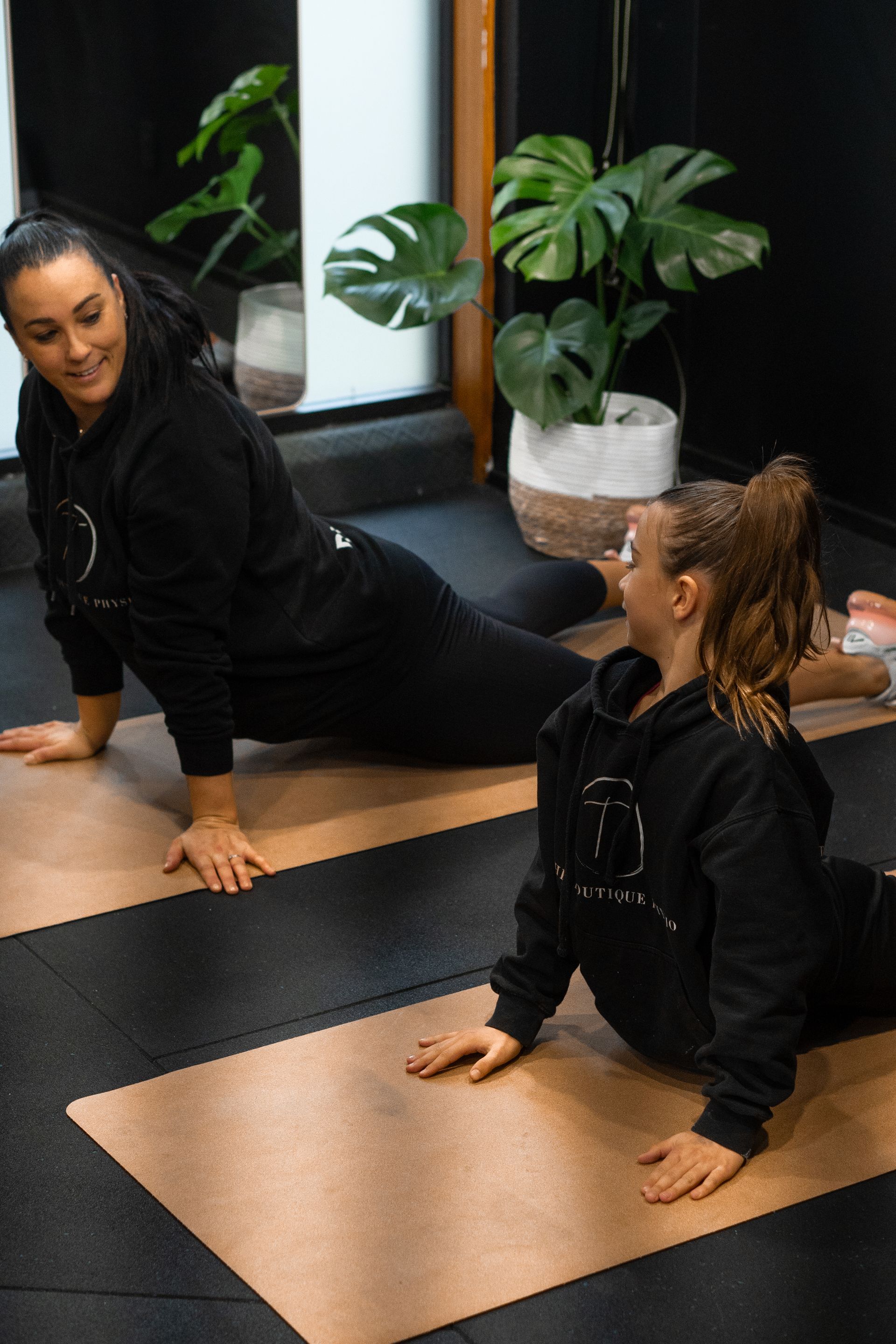 Book Now
Book NowWhen choosing a physiotherapy provider, there are several key factors to consider. Here’s why you might choose us for your physiotherapy needs:
Expertise and Qualifications
Highly Qualified Therapists:
Our team consists of certified and highly trained physiotherapists with extensive experience in various areas of physiotherapy, ensuring that you receive top-notch care.
Specialised Training:
We have therapists with further training in sports injuries, orthopedic conditions, neurological rehabilitation, pediatric physiotherapy, and more, allowing us to cater to diverse needs.
Personalised Care
Individualised Treatment Plans:
We create customised treatment plans tailored to your specific condition, goals, and lifestyle, ensuring that you receive the most effective and relevant care.
Longer Appointment Sessions:
We offer longer treatment sessions, giving you dedicated attention and maximising the effectiveness of each visit. That way you dont feel as if you're being rushed in and out the door.
Comprehensive Services
Wide Range of Therapies:
Our clinic provides a comprehensive range of services, including manual therapy, , therapeutic exercise, acupuncture, dry needling and more, to address all aspects of your condition.
Holistic Approach:
We take a holistic approach to physiotherapy, addressing not just the symptoms but also the underlying causes of your condition to prevent recurrence.
Up to date technology
Modern Equipment:
Our clinic is equipped with the latest technology and equipment, ensuring that you receive the most advanced and effective treatments available.
Comfortable Environment:
We provide a welcoming and comfortable environment, making your visits as pleasant and stress-free as possible.
Patient-Centered Care
Empathetic and Supportive Team:
Our team is dedicated to providing compassionate care, listening to your concerns, and supporting you throughout your rehabilitation journey.
Education and Empowerment:
We educate our patients about their conditions and involve them in the treatment process, empowering them to take an active role in their recovery.
Proven Results
Track Record of Success:
We have a proven track record of helping patients achieve significant improvements in their conditions, backed by positive testimonials and success stories.
Evidence-Based Practices:
Our treatments are based on the latest research and evidence-based practices, ensuring that you receive the most effective and up-to-date care.
Convenience
Flexible Scheduling:
We offer flexible appointment times, including evenings and early mornings, to accommodate your busy schedule.
Accessible Location:
Our clinic is conveniently located with ample parking and easy access, making it hassle-free for you to attend your sessions. We are also wheelchair accessible (please advise us in advance).
Choosing us for your physiotherapy needs means opting for expert care, personalised treatment, and a supportive environment dedicated to helping you achieve your health and wellness goals.
What is Physiotherapy?
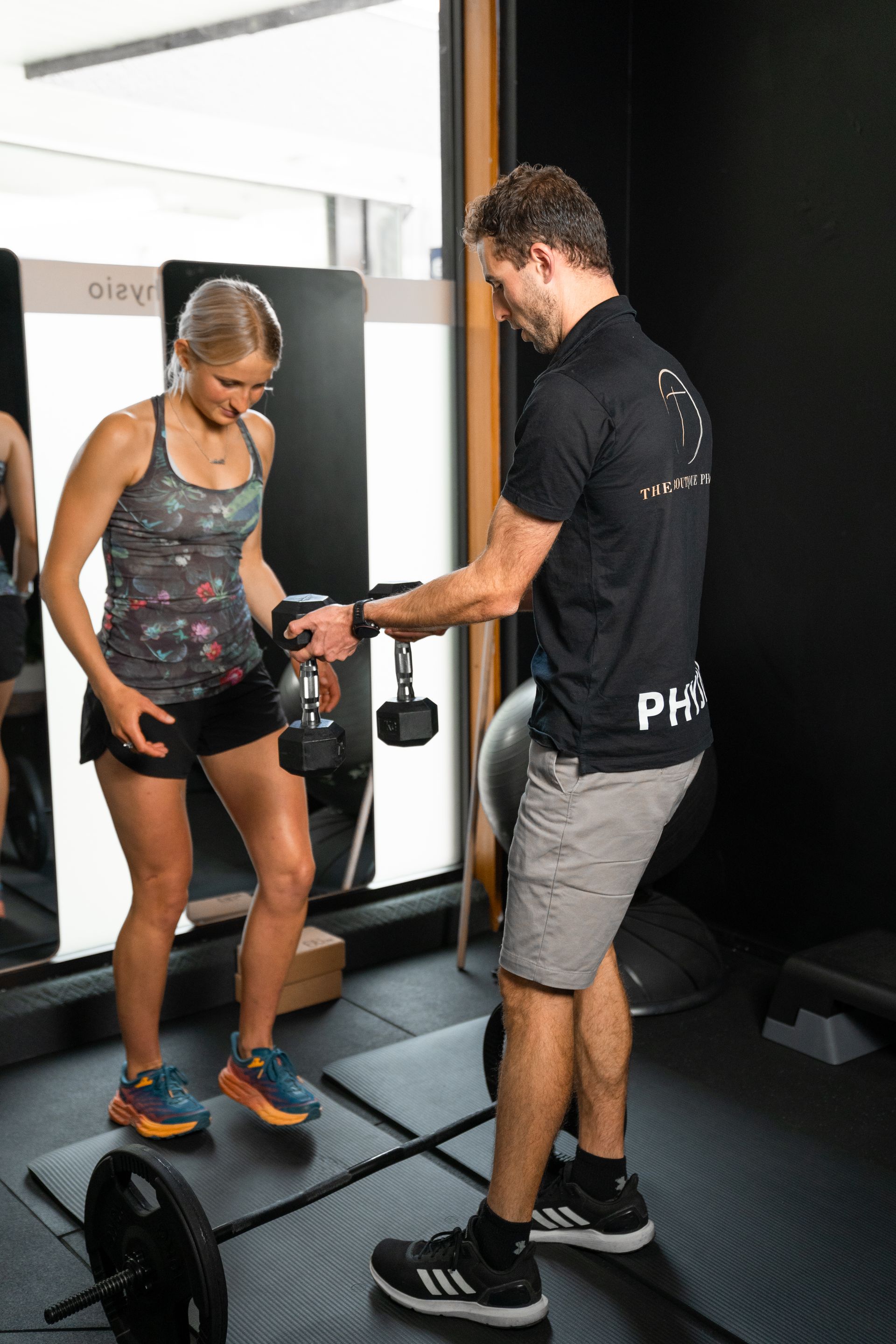 Book Now
Book NowPhysiotherapy, also known as physical therapy, is a healthcare profession focused on diagnosing and treating physical impairments, disabilities, and pain through various techniques and exercises. It aims to restore, maintain, and improve a patient's physical function, movement, and overall well-being. Physiotherapists use methods such as manual therapy, therapeutic exercises, and education to help patients recover from injuries, manage chronic conditions, and prevent future physical issues.
How long does a treatment session last?
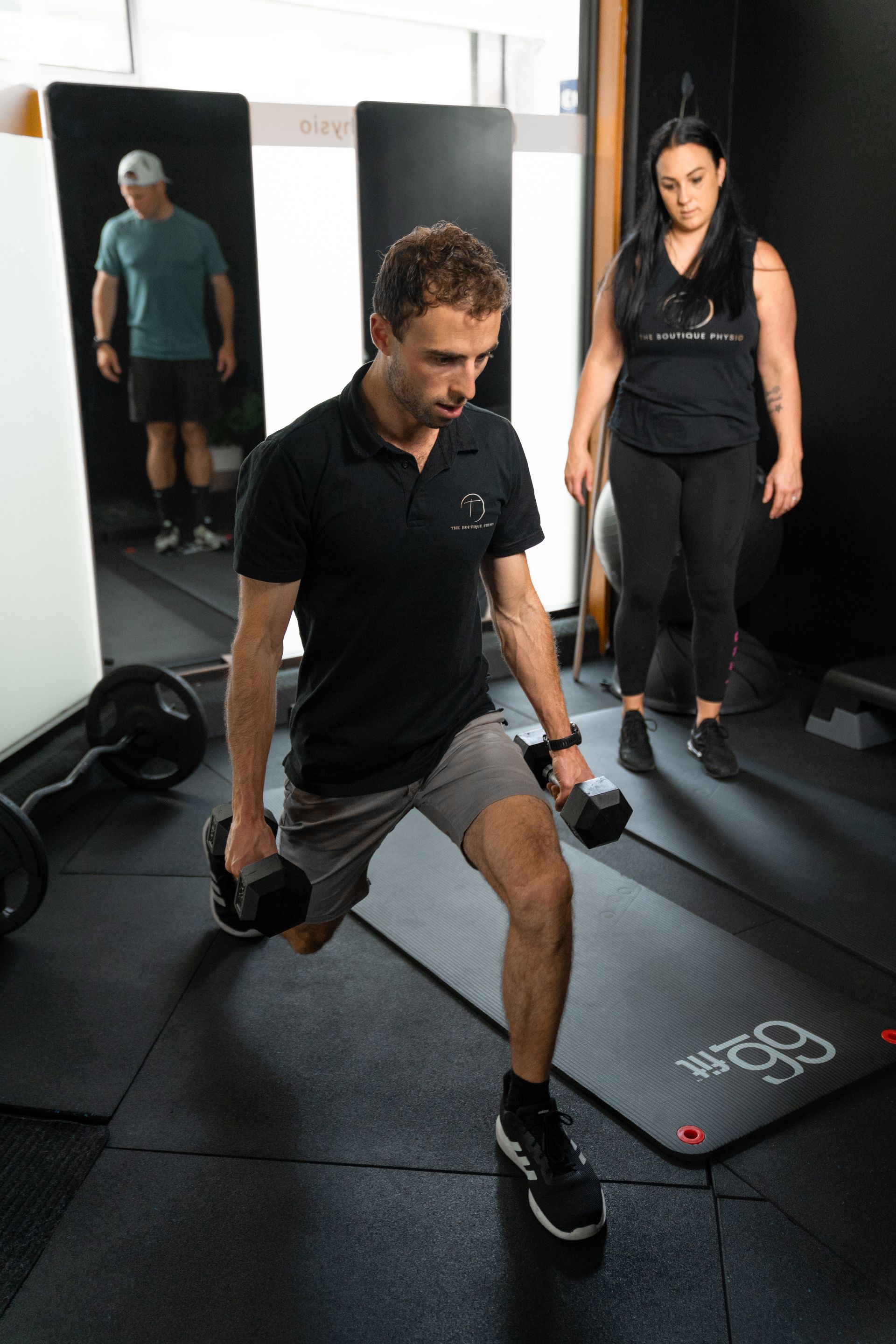 Book Now
Book NowWe allow up to 60 minutes per appointment. This may be shorter depending on your needs.
Can I come to Physio if I don't have an Injury?
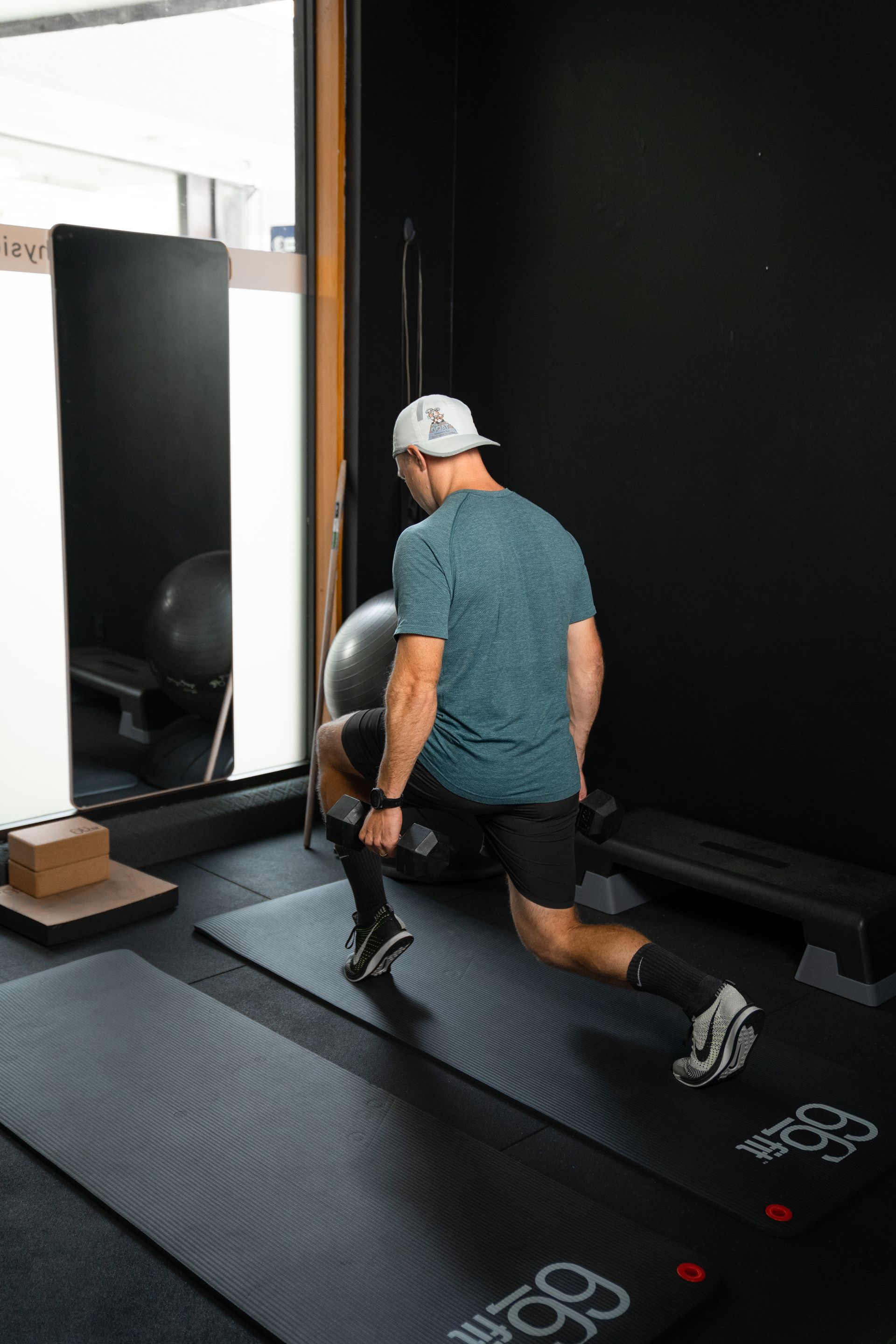 Book Now
Book NowAbsolutely! You can go to physiotherapy even if you don't have an injury. Physiotherapists can help with various aspects of physical health and wellness beyond injury recovery, including:
Preventive Care:
Assessing your physical condition to prevent potential injuries.
Developing exercise programs to improve strength, flexibility, and endurance.
Posture and Ergonomics:
Evaluating and correcting posture to prevent strain and discomfort.
Advising on ergonomic improvements for workspaces to avoid repetitive strain injuries.
Fitness and Performance Enhancement:
Creating customised fitness plans to enhance athletic performance.
Providing guidance on safe and effective exercise techniques.
Chronic Condition Management:
Helping manage chronic conditions such as arthritis, fibromyalgia, diabetes, or cardiovascular diseases.
Offering strategies to reduce pain and improve daily function.
Stress Relief and Relaxation:
Utilising techniques such as massage and relaxation exercises to reduce stress and tension.
Teaching mindfulness and breathing exercises for mental and physical relaxation.
Physiotherapy can be beneficial for maintaining overall health, improving physical function, and enhancing quality of life, even without an injury.
I want to run a half/full Marathon. Should I come to Physio before I start my training?
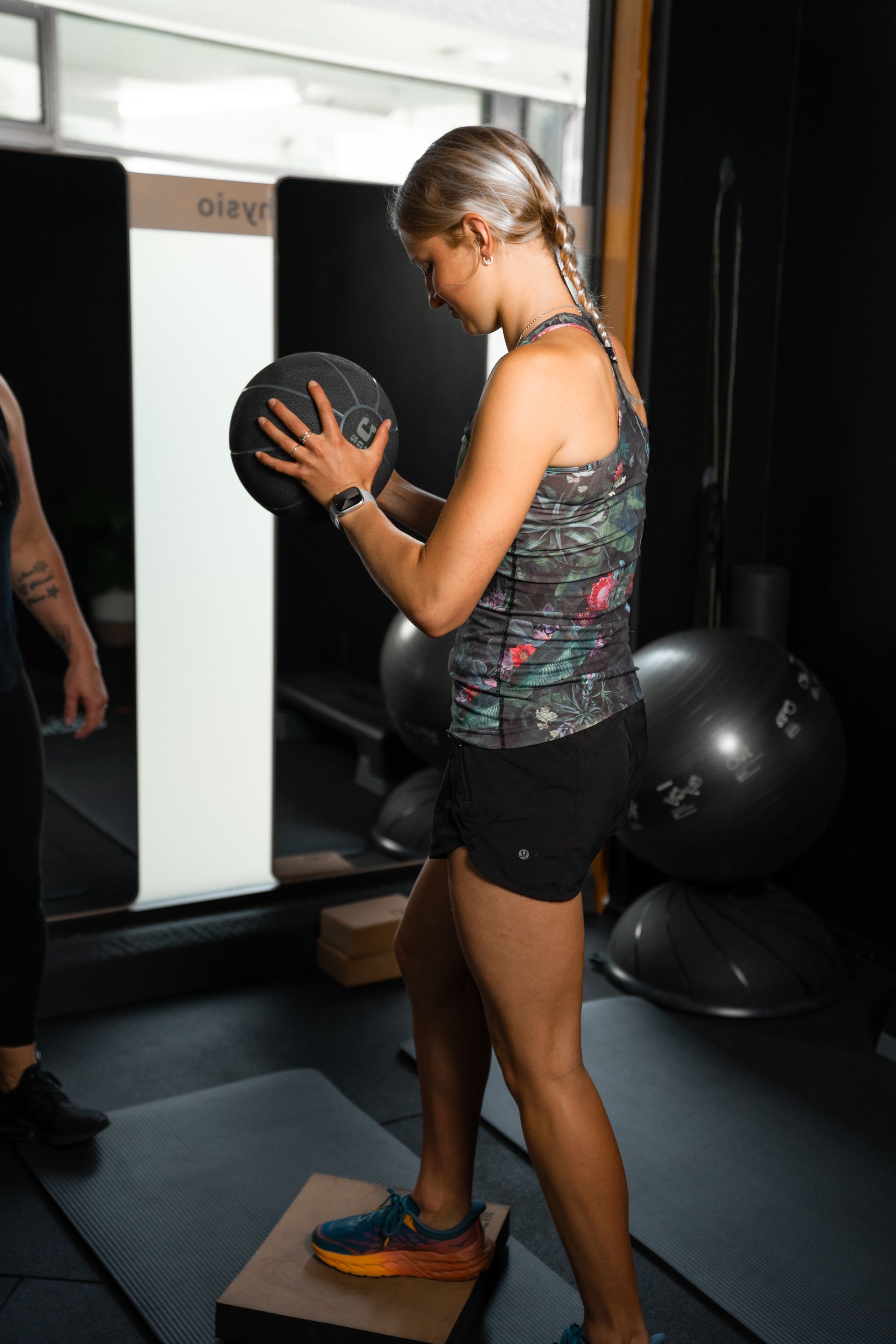 Book Now
Book NowYes, seeing a physiotherapist before you start training for a half or full marathon is a good idea. Here are several reasons why it can be beneficial:
Injury Prevention
Assessment of Biomechanics:
A physiotherapist can evaluate your running form and biomechanics to identify any potential issues that could lead to injury.
Muscle Imbalances and Weaknesses:
Identifying and addressing any muscle imbalances or weaknesses before they become problematic during training.
Customised Training Plan
Tailored Exercise Program:
At The Boutique Physio we are lucky enough that one of our directors is a professional running coach, from the everyday athlete through to International and Olympic level athletes, so we can organise for you to get a customised program to suit your needs and goals.
Gradual Progression:
Providing guidance on how to gradually increase your training intensity and mileage to avoid overuse injuries.
Addressing Pre-existing Conditions
Managing Existing Issues:
If you have any pre-existing conditions or past injuries, a physiotherapist can help manage them to prevent exacerbation during training.
Optimizing Performance
Enhancing Efficiency:
Improving your running efficiency through techniques that enhance your overall performance.
Nutrition and Hydration Advice:
Offering advice on nutrition and hydration strategies that support your training and recovery.
Recovery Strategies
Recovery Techniques:
Teaching effective recovery techniques, such as stretching, foam rolling, Ice baths, Sauna's and rest strategies, to maintain optimal performance throughout your training.
Mental Preparedness
Stress Management:
Providing strategies for managing the mental stress of training and race day.
Seeing a physiotherapist can help ensure that you start your marathon training on the right foot, reducing the risk of injury and improving your chances of a successful and enjoyable race experience.
I keep getting niggles but no actual injury, can Physio help?
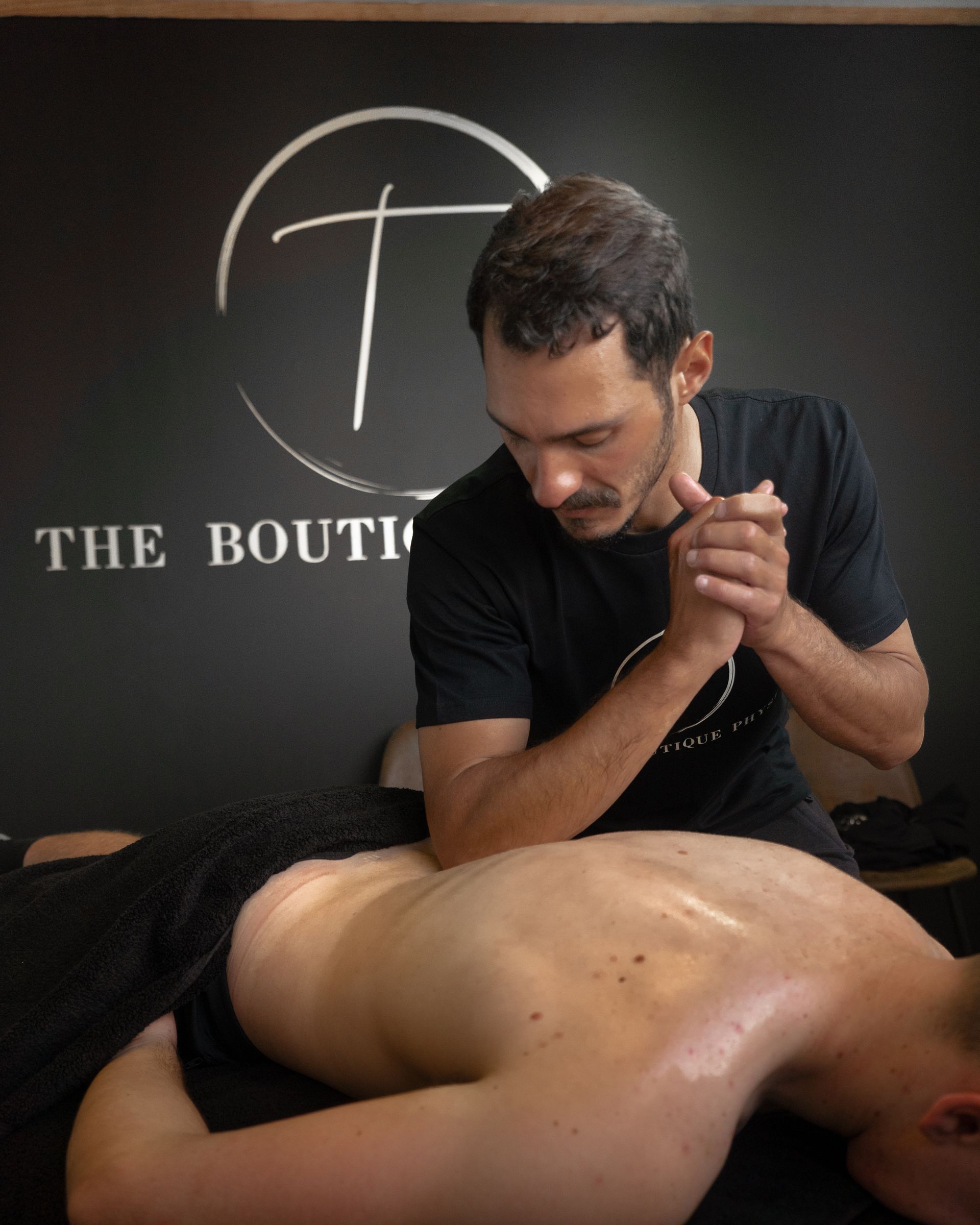 Book Now
Book NowYes, physiotherapy can help with niggles even if they haven't developed into full-blown injuries. These minor discomforts or niggles can be early warning signs of potential issues. Addressing them early with the help of a physiotherapist can prevent them from becoming serious injuries. Here's how physiotherapy can assist:
Assessment and Diagnosis
Detailed Evaluation:
A physiotherapist will conduct a thorough assessment to identify the root cause of your niggles, which could be due to muscle imbalances, poor biomechanics, improper training techniques, or other factors. We use the latest technology such as VALD ForceDecks, VALD DynaMo, VALD ForceFrame and VALD NordBoard to assess and monitor your strength, power and assymetries.
Movement Analysis:
Analysing your movement patterns, posture, and running form to detect any abnormalities that might be contributing to the niggles.
Treatment and Management
Manual Therapy:
Techniques such as massage, joint mobilisation, and soft tissue manipulation can relieve muscle tightness and improve mobility.
Targeted Exercises:
Prescribing specific strengthening and stretching exercises to address muscle imbalances and weaknesses that may be causing discomfort.
Pain Relief:
Using modalities like dry needling, acupuncture or taping to reduce pain and inflammation.
Prevention Strategies
Education:
Educating you on proper training techniques, warm-up and cool-down routines, and ergonomic adjustments to prevent niggles from recurring.
Customised Training Plan:
Developing a personalised training program that includes appropriate rest and recovery strategies to avoid overuse injuries.
Long-term Health and Performance
Improving Biomechanics:
Correcting biomechanical issues to enhance your overall movement efficiency and reduce the strain on your body.
Regular Check-ups:
Scheduling regular physiotherapy sessions to monitor your progress and make necessary adjustments to your training plan.
By addressing the underlying causes of your niggles early, physiotherapy can help you maintain your training regimen without interruptions and improve your overall performance and well-being.
I have a concussion, should I see a Physio?
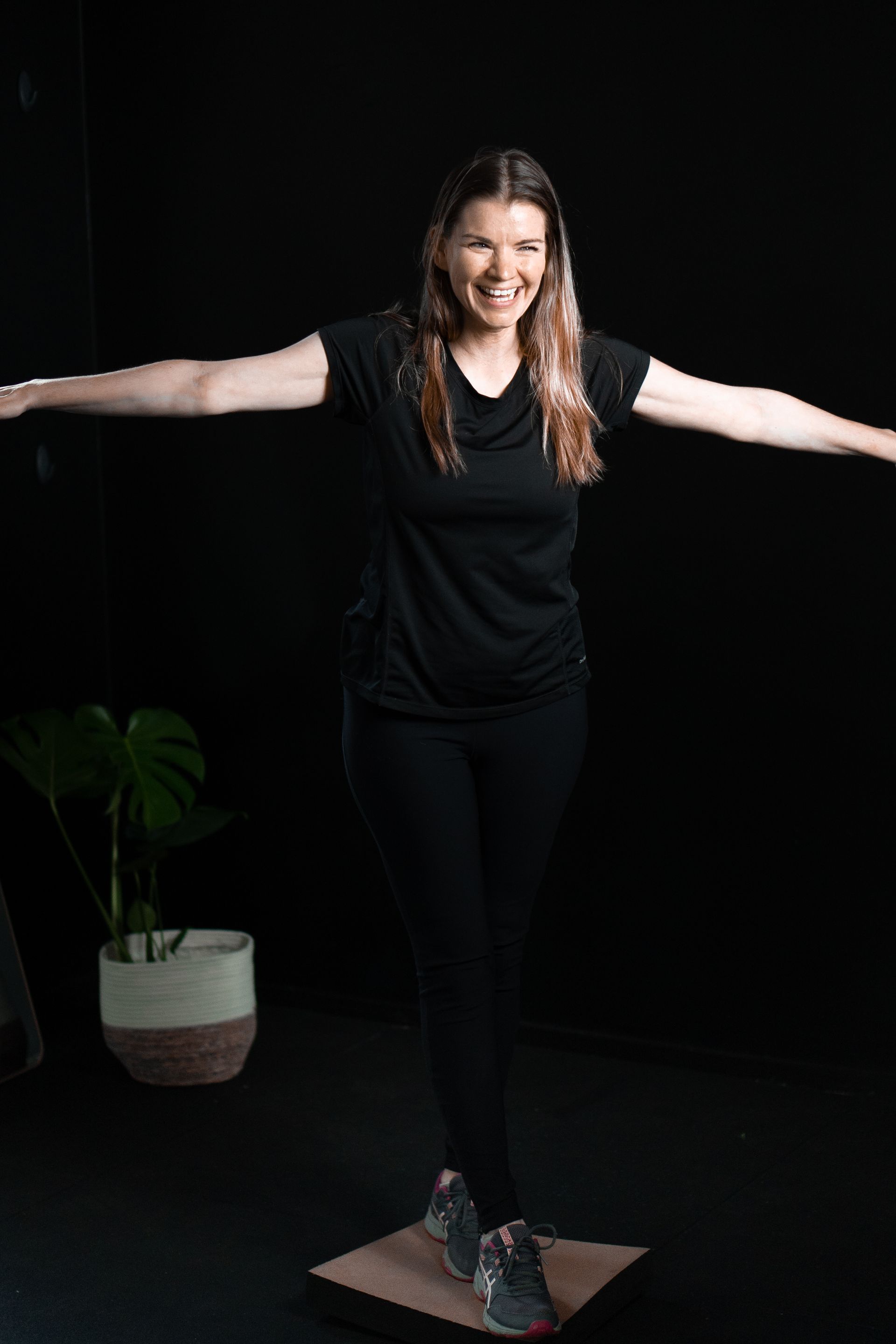 Book Now
Book NowYes, seeing a physiotherapist can be beneficial if you have a concussion. Physiotherapists play a crucial role in the management and rehabilitation of concussions. Here’s how they can help:
Initial Assessment and Management
Comprehensive Evaluation:
Conducting a thorough assessment to understand the extent of your concussion and any related symptoms.
Symptom Monitoring:
Tracking your symptoms over time to ensure proper recovery and to identify any persistent issues that may need further intervention.
Treatment Strategies
Vestibular Rehabilitation:
Addressing issues related to balance, dizziness, and spatial orientation that often accompany concussions.
Oculomotor Therapy:
Helping with eye movement and coordination problems, such as difficulty focusing or tracking objects.
Neck and Cervical Spine Treatment:
Treating any neck pain or stiffness that can result from the injury, as neck issues often contribute to concussion symptoms.
Gradual Return to Activity
Activity Management:
Providing guidance on gradually returning to daily activities, work, and exercise in a controlled and safe manner.
Exercise Prescription:
Developing a personalised exercise program to help you regain strength, balance, and endurance without exacerbating symptoms.
Education and Support
Patient Education:
Educating you about concussion symptoms, recovery expectations, and strategies to avoid re-injury.
Supportive Care:
Offering support and reassurance throughout the recovery process, addressing any concerns or questions you might have.
Interdisciplinary Approach
Referral Coordination:
Collaborating with other healthcare professionals, such as neurologists, sports medicine doctors, and occupational therapists, to provide comprehensive care.
Monitoring and Adjusting Care
Ongoing Assessment:
Regularly assessing your progress and adjusting the treatment plan as needed to ensure optimal recovery.
Benefits of Seeing a Physiotherapist for Concussion
Reduced Recovery Time: Early intervention can help speed up recovery.
Symptom Management: Effective strategies to manage and alleviate symptoms.
Prevention of Complications: Reducing the risk of prolonged symptoms and secondary issues.
Physiotherapy can provide a structured and effective approach to concussion management, helping you recover safely and return to your normal activities.
Do I need a GP referral for Physio?
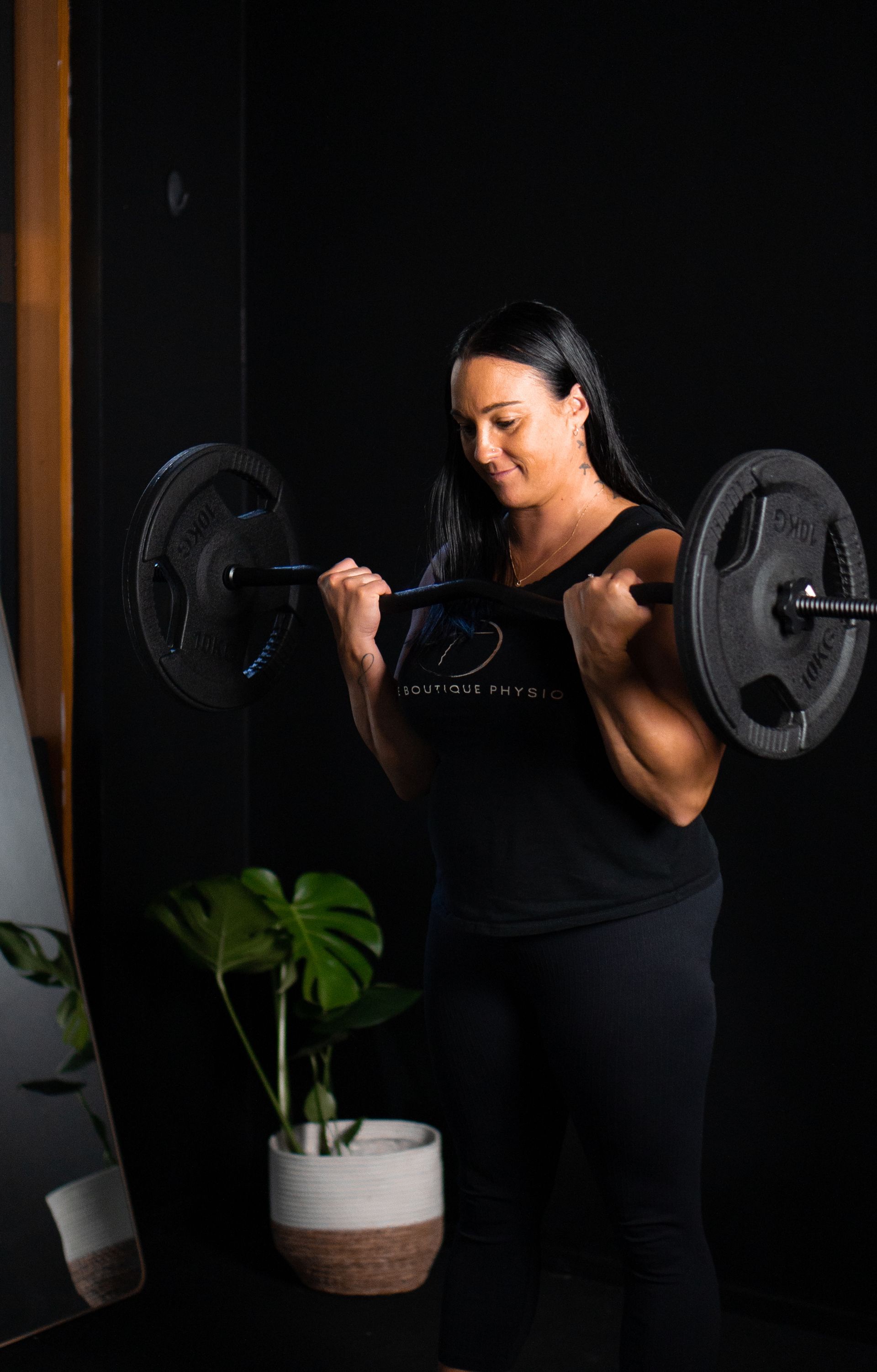 Book Now
Book NowNo. You can come straight to physiotherapy and fill out ACC forms if necessary.
We can refer directly for x-rays, ultrasounds, cortisones as appropriate and specialist referral to sports medicine doctors or orthopaedic surgeons as necessary.
Does ACC Cover my Physiotherapy fully?
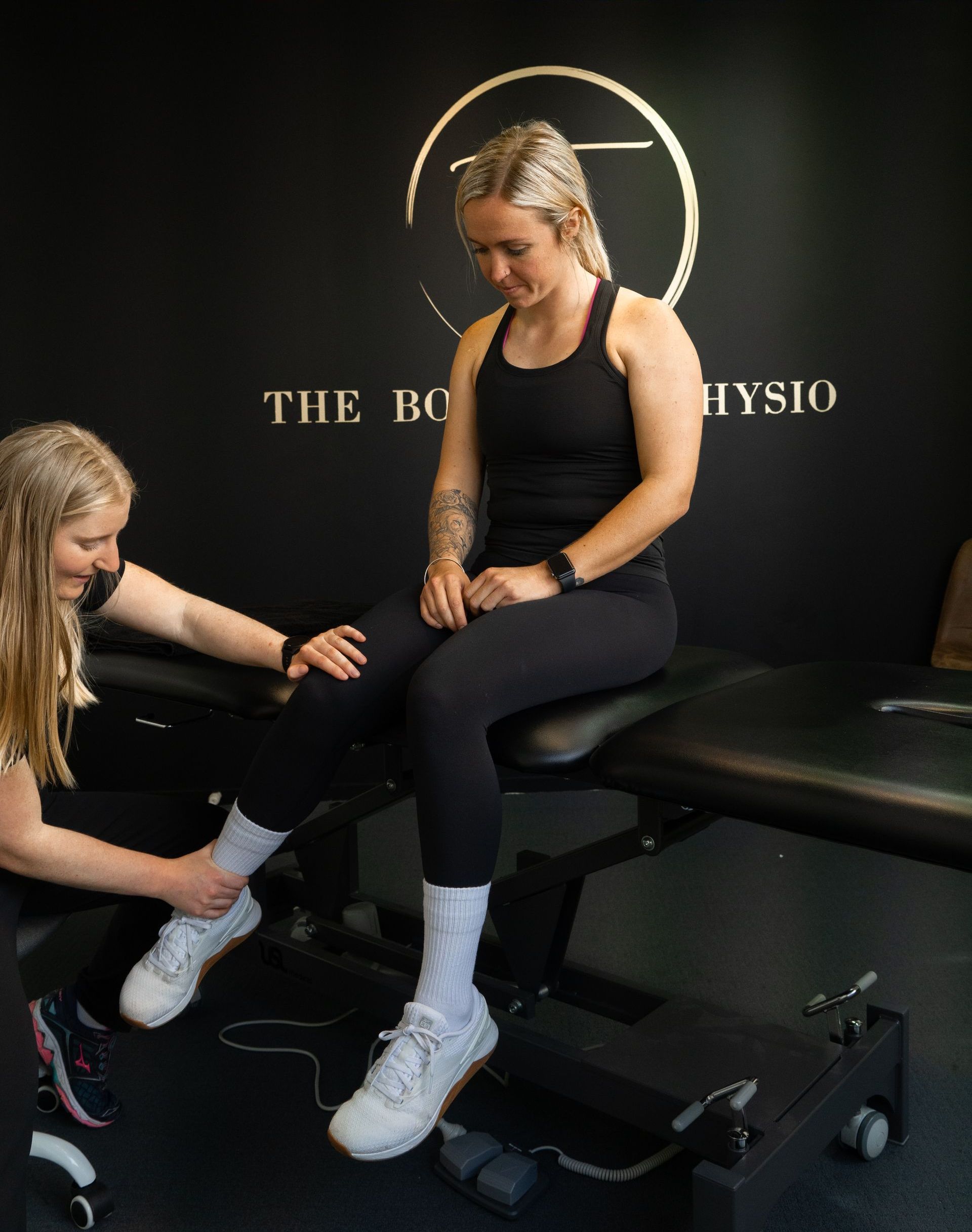 Book Now
Book NowACC pays a portion of your treatment costs.
There is a co-charge for ACC funded treatment.
There will be additional costs for items such as tape and acupuncture needles. Please see our 'Fees' section
What is the Cancellation and Non-Attendance Policy?
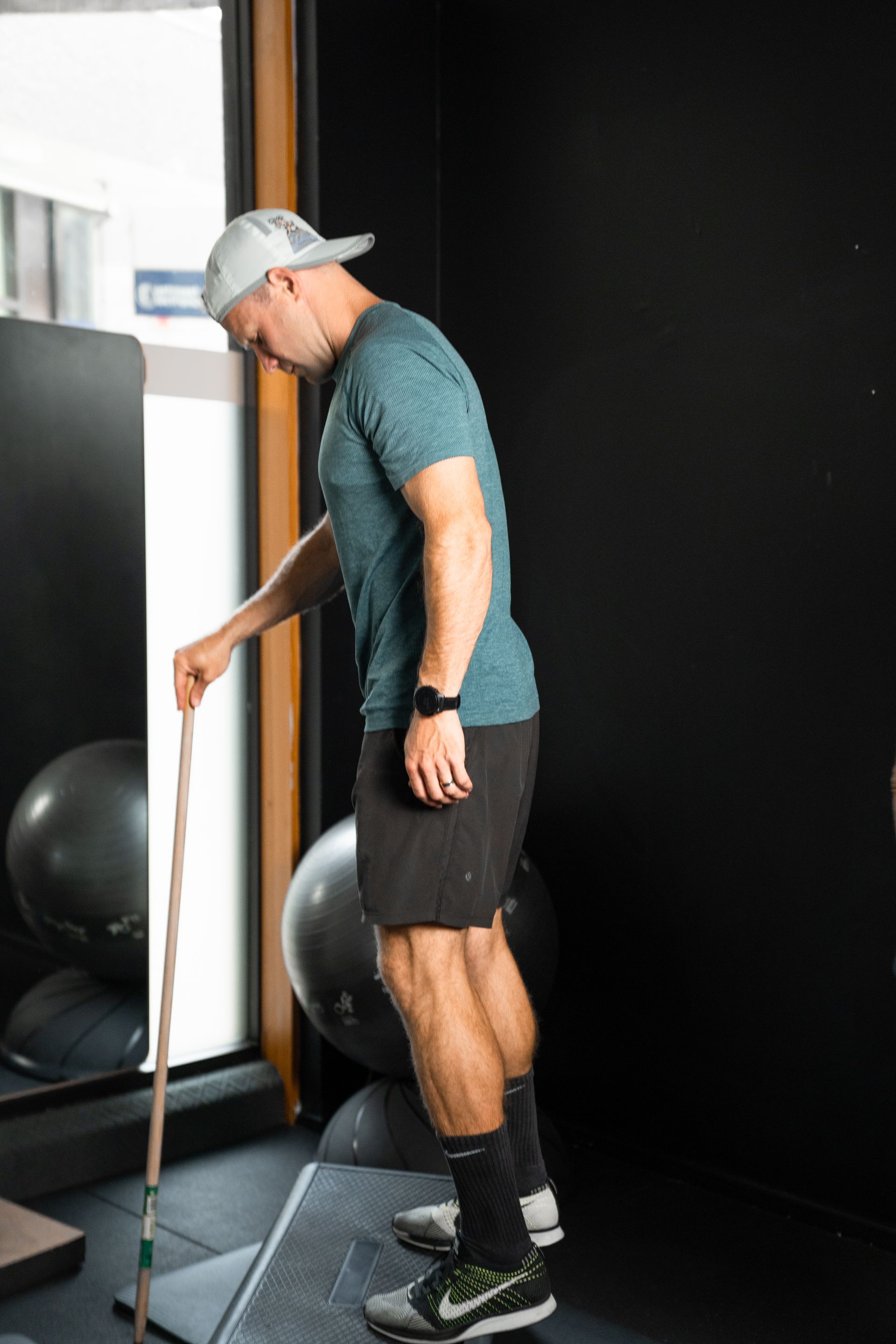 Book Now
Book NowIf you're unable to attend the scheduled appointment time for any reason, please contact us on 07 262 1193 and inform our team as soon as possible.
All missed appointments and cancellations made within 24 hrs of a scheduled appointment will result in a cancellation fee of $75
Your physio will outline a recommended action plan as the best plan for your injury. You will achieve the maximum and best outcome when you keep your recommended action plan to this schedule.
We have a long waiting list of patients trying to get appointments and poorly timed cancellations prevent us from offering these appointments to those who are needing our care.



